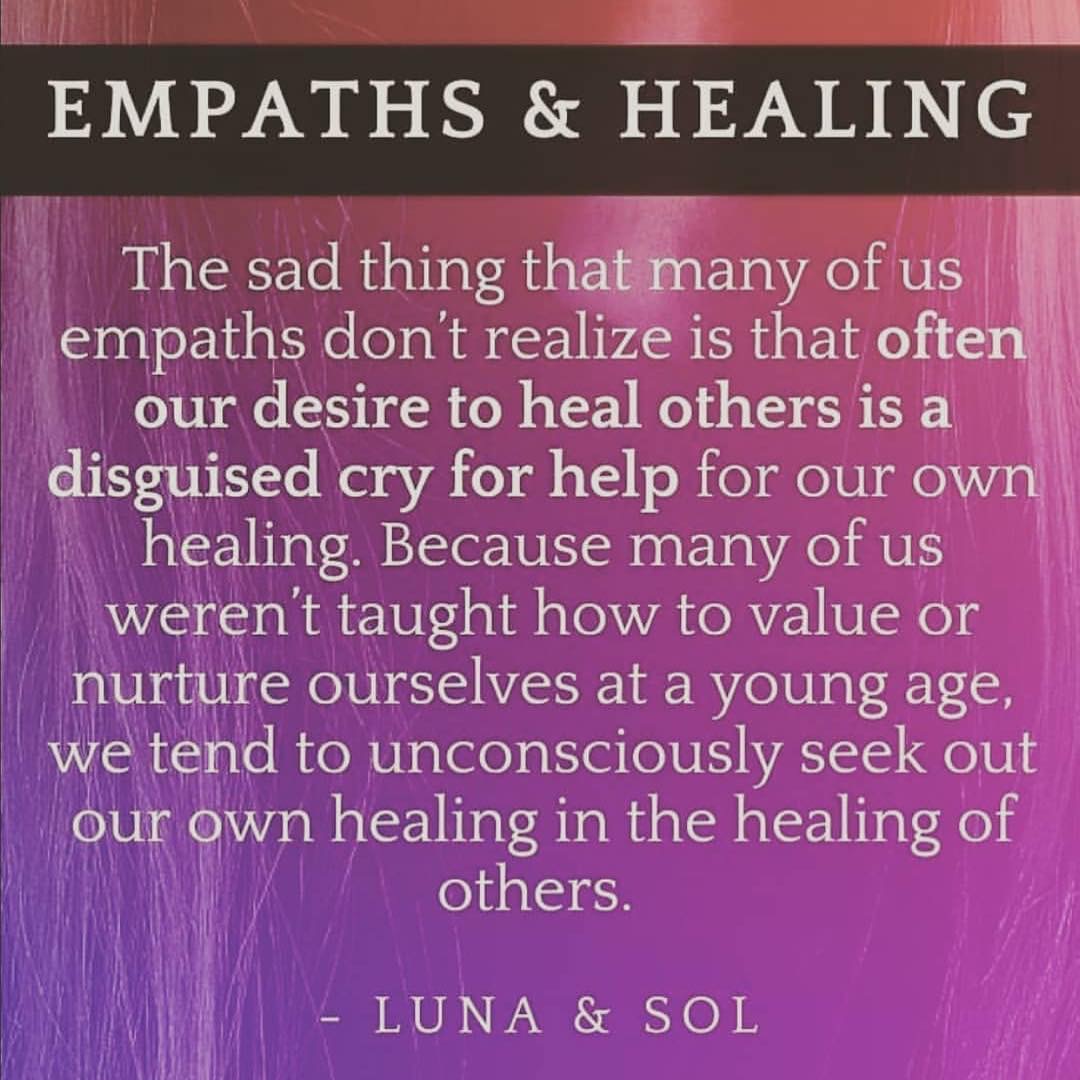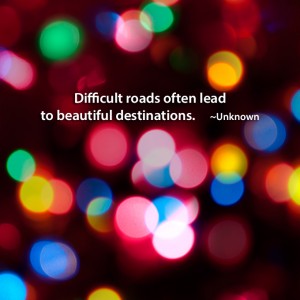
12 Jul An Empath and A Narcissist
Are you an empath? Do you find yourself in the same types of unhealthy relationships? Let’s take a look at what’s really going on…..
“Give, give, give some more & then give up.” Does this sound familiar? Often, empaths stumble on their own strengths. Kindness, generosity, helpfulness & compassion can become depleting & detrimental to the empath’s emotional health and well-being. What needs to be added to this equation to bring balance? Boundaries, self-care, and learning to speak up for our own needs. Naturally gifted at taking care of others, empathic people border on co-dependency. The empaths self-sacrifice leads to decreased motivation, energy, and joy.
The empath’s pattern of caregiving brews the perfect storm; fatal attraction to a narcissist. The narcissist has the same developmental wounds as the empath, but expresses themself in the opposite manner. They take everything the empath can give….and much, more more. They require a never-ending narcissistic supply of attention, compliments & praise to feed their inexhaustible ego. A good metaphor is to view the narcissist as an energy vampire. They suck energy out of empaths because they can’t produce it themselves. The empath winds up feeling exhausted, ungrounded, depleted, and drained. Resentment follows.
What can you do to break out of this sticky cycle? Pema Chodron says, “Nothing ever goes away until it teaches us what we need to know.” We get what we tolerate… determine what you will tolerate in relationships. When the empath hits wits end, and develops caregiver burn-out, they will often seek counseling. With support, we can can develop self-awareness, learn to set healthy boundaries, change relationship patterns. When empaths fill their own cup before taking care of others, they will stop attracting narcissists. This is a wake up call; when we recognize our contribution to the problems in relationships, we can proactively change the steps of the dance.
Self-awareness is the key to unlock old, familiar patterns. Changing our behavior could signal the end of a narcissistic relationship. However, we’ve thrown ourself a life rope, and saved ourself. We’ve learned what we need to know.
“A diamond is just a piece of coal that handled stress exceptionally well.” Here’s to becoming a diamond! Let’s discover what healthy relationships look like, implement good self-care, and start new relationship patterns for ourselves, and our future generations!




